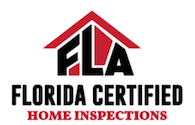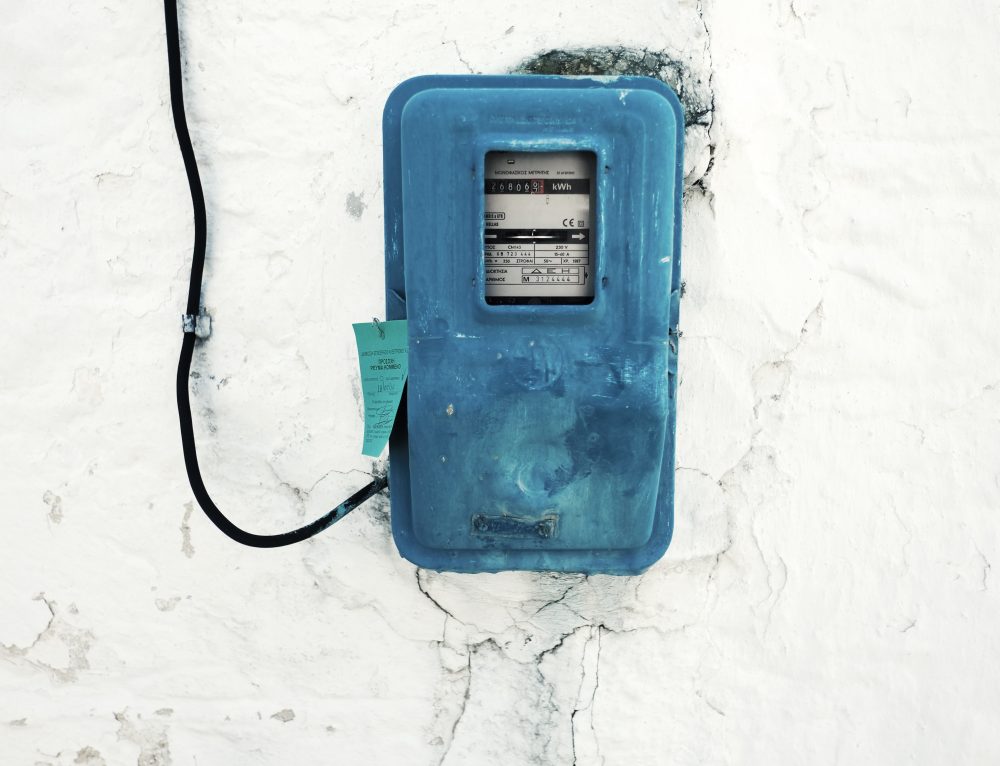What’s at Stake
Your home will likely be the most expensive purchase you’ll ever make, and if you’re like most people you have probably drained your savings to cover the down payment and closing costs. This makes it especially important that you avoid any “surprises” related to the condition of your new home. As the ownership of a home transfers, home inspectors represent the buyer’s interests by conducting a thorough evaluation of the home and its sub-systems to inform the buyer of any potential costly repairs that may be needed. If hidden defects are uncovered BEFORE the closing, the SELLER is responsible to make repairs. Any needed repairs found AFTER the closing are BUYER’S responsibility.
Accepting Referrals
It is common for real estate agents and mortgage brokers to refer buyers to a specific home inspector. Because these professionals are only paid if the sale is completed, they are likely to refer you to someone that doesn’t look too closely for defects. We recommend that you do your research and hire your own inspector.
Advanced Technology For a Better Inspection
As you select a home inspector, it’s a good idea to ask about the tools they use. It is very common to see an inspector arrive at a home, equipped with only a ladder and a flashlight. Often, these are highly experienced professionals who have failed to keep up with advances in technology. Because professional standards prohibit inspectors from removing wall panels during the inspection process, they can only report what is observable. Without thermal imaging cameras and an array of electronic testing equipment, many hidden defects will remain hidden.






Leave A Comment